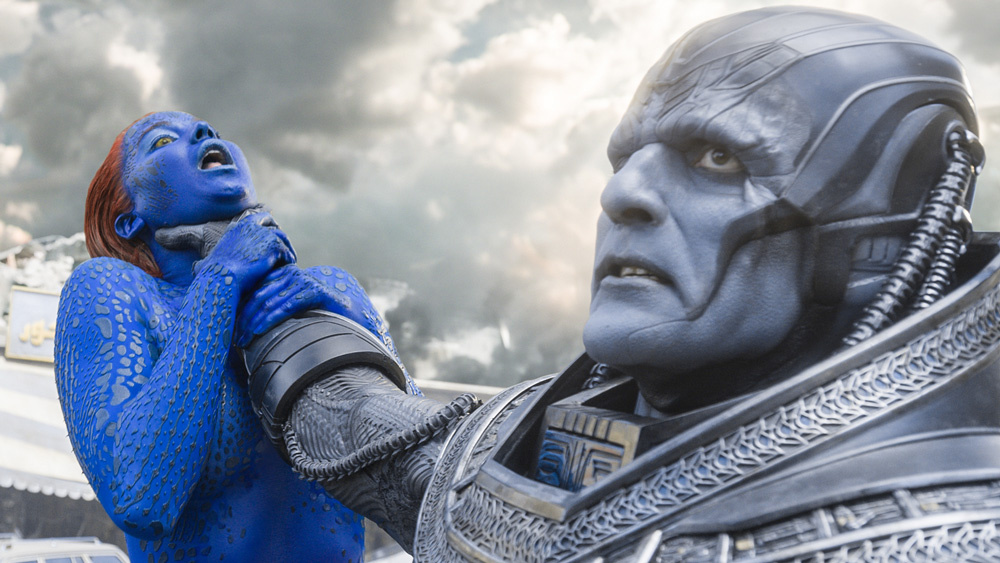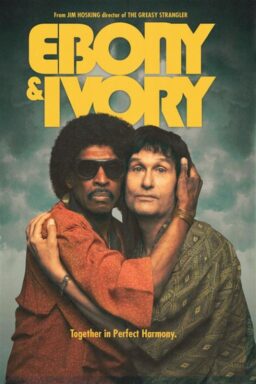Attempt, if you will, a thought experiment. Try to imagine the
25th anniversary think piece on “Independence Day: Resurgence.” Or if that
doesn’t work, try to picture the 30th anniversary oral history of the
making of “X-Men: Apocalypse.” If either of those suggestions made you burst
out laughing, it’s only to be expected. In a multiple-year slump of diminishing
returns, this summer’s crop of blockbusters included some of the most exhausted, sound-and-fury-signifying-nothing films yet.
You only have to look at other media that captured audiences’
imaginations to see how much Hollywood has abdicated its throne as the provider
of collective dreams. Netflix’s “Stranger Things” is a love letter to genre
movies of the ‘70s and ‘80s, the kind of blockbusters like “E.T.” that you saw
and you left immediately wanting to make movies and act them out in your
backyard. Or look at the biggest entertainment success story of the summer, the
video game “Pokemon Go.” It’s easy to sneer at adults playing the game, but more interesting to understand why they do. “Pokemon Go” turns the real world into a
scavenger hunt; the player is charged with finding fantastical creatures that
might be hiding around the corner or underneath a tree in a park.
There were very few Hollywood movies this summer with this kind of imagination
building and sense of play. Instead too many of them offered only howling
towers of Armageddon, where humans could do little more than cower in front of
them, numb with horror and helplessness. If they were lucky, the chosen few
might swoop in to save them, but not before some chin stroking ruminations on why
the whole thing was worth it in the first place. There is no place anymore for
scenes like in Sam Raimi’s “Spider-Man 2,” where Peter Parker (Tobey Maguire), after saving a train car full of passengers, is in turn saved by them when the strain proves too much. It’s
a kind, humane scene in a blockbuster that understands that warm colors and
letting shots breath does not have to mean forgoing thrilling action or large-scale adventure. “Spider-Man 2” is only 12 years old, but at this point it
feels more like 30.

Part of Hollywood’s current decay was unavoidable. As a
monoculture splintered permanently into niche groups, the idea of a film
everybody sees and everybody can’t stop talking about fades further into the
cultural past. The rise of cable networks willing to spend serious
money on shows like “Game of Thrones” further dents Hollywood’s ability to
be the main supplier of big stories. But changing trends only excuse so far.
Hollywood did itself no favors by making the mid-budget film virtually extinct,
requiring themselves to lean on a business model where a single film must hit a
billion dollars to be considered a success. If audiences can’t get enough of
shows like “Stranger Things” or “Outlander” you are not going to win them back
with offerings like “The Legend of Tarzan” or “Ghostbusters.”
And when an old master of blockbusters like Steven Spielberg
makes a magical, heartfelt film like “The BFG” that’s greeted with an
indifferent shrug it creates even less incentive to try. The lack of a new
Spielberg or John Carpenter is sorely felt this summer too. Paul Feig seems to
be a nice person who admirably defended his cast from vile sexist pushback, but
he cannot direct an action scene to save his life, as seen in the third act of
“Ghostbusters.” But really, blockbusters aren’t directed so much as they are
stage-managed now. The continued shut-out of women and POC directors almost
becomes understandable when you see that studios are not looking for directors,
they’re looking for someone who will meet a release date that’s been picked out
months or years in advance. It does not matter what they deliver on the
deadline, they’ll dump it in the editing room and sort it out into something
almost watchable. The idea that scripts need multiple drafts or that projects
might need to germinate for a year or two is as foreign now as silent movies.
And it matters more than it might seem that Hollywood has
lost its nerve and touch in making blockbusters. Pop culture is how a society
of diverse people talk to each to other—finding common idioms no matter the
person’s background or community to connect. And it matters that the stories
Hollywood seems most interested in are stories of apocalypse, of heroes who are
tired of the weak mortals who constantly need saving, with an interest in women
only so far as they can prop up lucrative intellectual property. We are facing
an election cycle where one of the loudest voices is encouraging us to give in
to our worst instincts, to be as greedy and selfish and unkind as we can. We
need a Superman who smiles and talks suicidal jumpers off the ledge. We need stories about women and POC who are more
than prizes, victims and sidekicks. We need to be reminded of the acts of
heroism of which we’re capable.
The best thing you can say about this summer’s roster of
blockbusters is how forgettable they are. At the very least, their
ugliness—in both their aesthetics and storytelling—can’t do that much damage. Once the credits start rolling, most of these films dissolve from the mind like cotton candy in water. Which brings us back to “Stranger Things.” The show
trades on those moments you never forgot; the frisson that makes you exclaim, “Hey, I remember that shot from ‘The Thing!’” But what makes “Stranger Things”
more than pastiche is that it has remembered what made those moments click.
That they were part of a well-told story, with fleshed out characters. That
even if the movie was a sequel it was concerned not with brand extension but
taking characters you cared about on a new adventure. And like “Close
Encounters of the Third Kind” and “Star Trek II: The Wrath of Khan,” “Stranger
Things” remembers to be in love with its actors’ faces; to step back and
observe the rhythms of blue collar life in the small town where it’s set; to
have the moment when a grieving mother and her older son look through his
photos for one of her missing sons. She smiles and compliments her oldest son’s photography skills and he blushes and then crumples into
sorrow over his brother. These kinds of moments are vanishing from
blockbusters, and for no good reason. If nothing else, “Stranger Things”
reveals the harsh truth that Hollywood gave up on audiences long before they
decided to return the favor.












